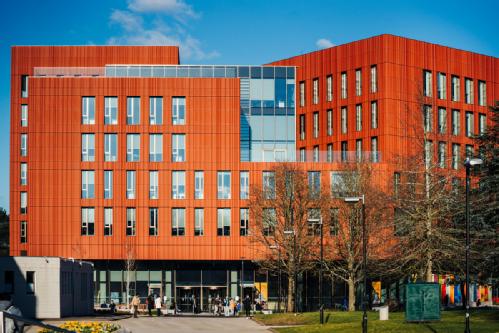History Department Events Calendar

Wednesday, December 04, 2024
-Export as iCalendar |
GHCC-Map History Group joint seminar, ‘World Mapping as Worldmaking: Cooperation and Cartographic Internationalism in the Interwar Period’FAB3.30 Faculty of Arts Buildingspeaker, Philip Jagessar (KCL) |
-Export as iCalendar |
CHM Research Seminar: Elisabeth Yang (Wellcome Trust Early Career Award Fellow, University of Leeds), 'Constructing Moral Babies: The Medical and Scientific Enterprise of Infancy in Victorian America and Britain’.Faculty of Arts, FAB 3.32Please sign-up here if you would like to join us. Drinks and nibbles will be provided for those attending in person. Constructing Moral Babies: The Medical and Scientific Enterprise of Infancy in Victorian America and Britain When, how, and why did babies come to be seen as moral agents? Constructing Moral Babies investigates this phenomenon among so-called 'experts' of babyhood: pedagogues, theologians, physicians, scientists, and childrearing matrons of the nineteenth century. The moral life of babies - their interior lives - has increasingly intrigued modern society, evident in the emergence of so-called 'baby labs' in universities and greater awareness of infants' mental health worldwide. Babies are frequently framed as active agents who learn to manage their emotions in conjunction with their main carers. However, we know little about the origins, and therefore significance, of these trends. Drawing on history and philosophy of science and medicine, feminist theology, sociology, childhood studies, and material culture, this study will develop the first comprehensive history of infants that generates new historical and philosophical narratives of infancy. Infancy itself remains neglected, despite influential scholarship examining other life stages: childbirth, childhood, teenagehood, and older age. This project places infants at the center of analysis, rather than as dependents. By interrogating archives, published texts, and objects associated with the 'science' of infancy the project will fundamentally shift our understanding of infants and consequently, our treatment of them in both public and private spaces. |
